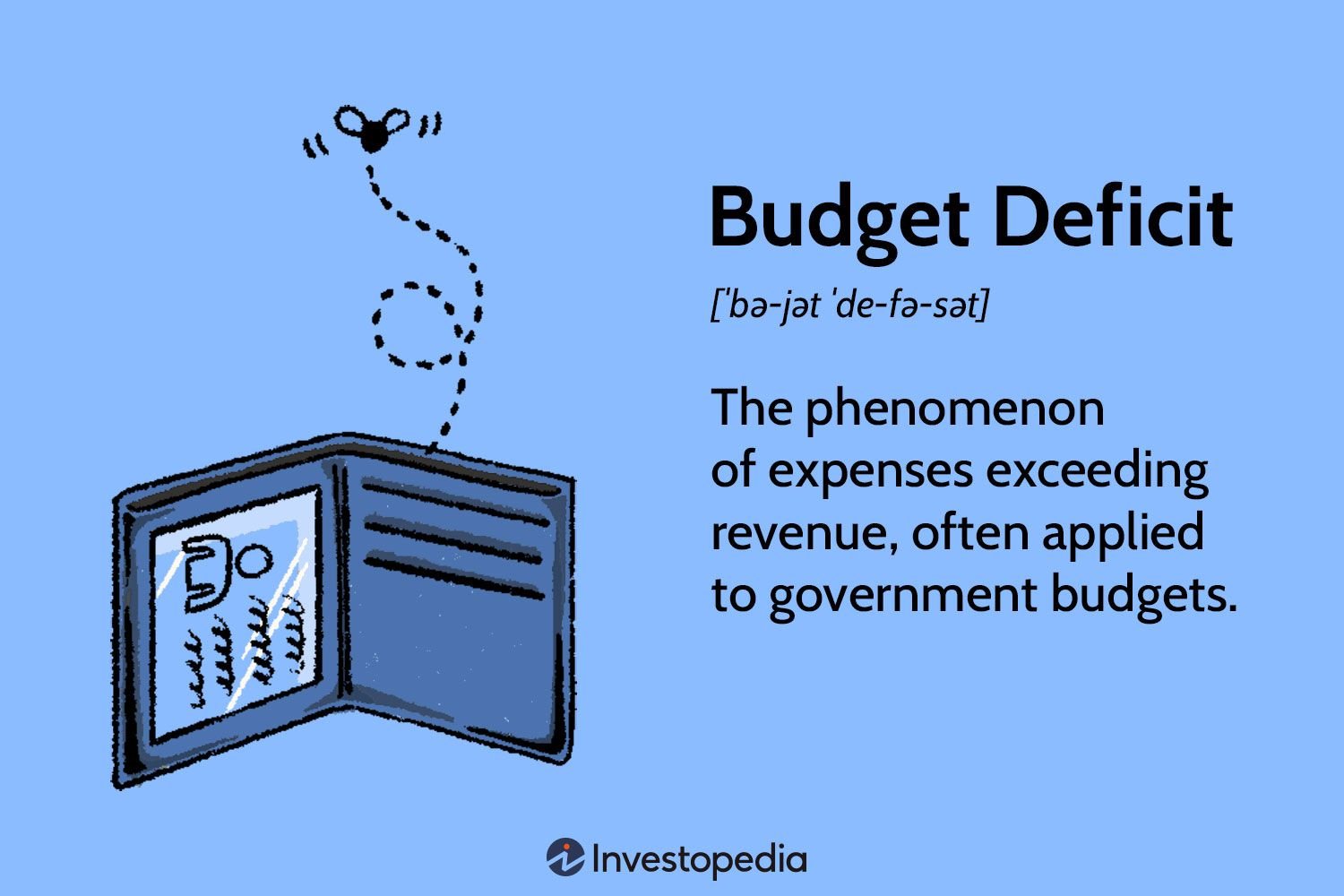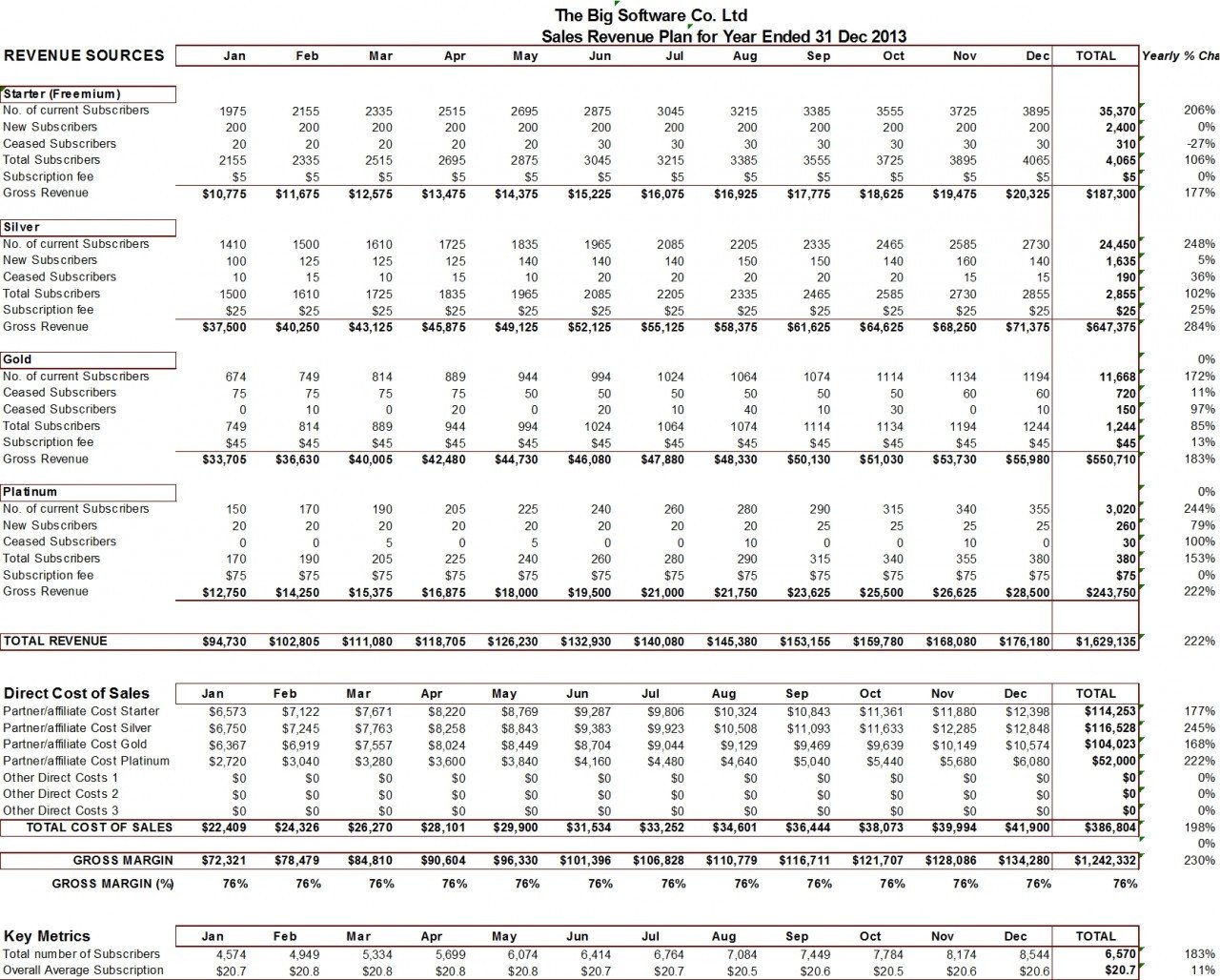A budget deficit refers to a situation where a government’s spending exceeds its revenue. But what does this mean for the economy and its people? Understanding what a budget deficit is and its implications is crucial in comprehending the overall financial health of a country. In this article, we will delve into the significance of budget deficits, exploring their causes, effects, and the potential solutions that governments can employ to tackle this economic challenge. So, what is a budget deficit and its implications exactly? Let’s find out.
What is a Budget Deficit and Its Implications
Budget deficit is a term that is often heard in discussions about government spending and economic policies. It refers to a situation where a government’s expenditures exceed its revenues within a specific period. In simpler terms, it means that the government is spending more money than it is collecting in taxes and other sources of income.
A budget deficit can have significant implications for a country’s economy, including its fiscal health, borrowing costs, and even the overall well-being of its citizens. In this article, we will dive deeper into the concept of budget deficits, explore their causes, and discuss the implications they can have on various aspects of an economy.
Understanding Budget Deficits
A budget deficit occurs when the government’s total spending exceeds its total revenue in a given year, resulting in a negative balance. It is usually measured as a percentage of the Gross Domestic Product (GDP), which represents the total value of all goods and services produced within a country’s borders.
Governments typically finance their budget deficits by borrowing money, either from domestic or foreign sources. This borrowing adds to the national debt, which represents the accumulated deficits over time. If the government consistently runs budget deficits, the national debt will continue to grow, leading to potentially adverse consequences.
Causes of Budget Deficits
Various factors can contribute to the occurrence of a budget deficit. Here are some common causes:
1. Economic Downturns: During periods of economic recession or slowdown, government revenues tend to decrease due to lower tax receipts. At the same time, governments often increase spending on unemployment benefits and other social programs to mitigate the effects of the downturn, resulting in a budget deficit.
2. Excessive Government Spending: Governments sometimes engage in excessive spending, particularly on defense, infrastructure projects, or social programs, without adequate revenue sources. This can lead to budget deficits if spending surpasses the government’s ability to generate enough income.
3. Tax Cuts: Governments may implement tax cuts to stimulate economic growth or provide relief to certain sectors of the population. While tax cuts can have positive effects, such as boosting consumer spending and business investment, they can also reduce government revenue, potentially leading to a budget deficit.
4. Demographic Changes: Population shifts, such as an aging population or changes in birth rates, can impact government finances. For example, an aging population may increase healthcare and pension expenses, putting pressure on the government’s budget.
5. Unforeseen Events: Natural disasters, wars, or other emergencies can disrupt government finances, requiring increased spending or reduced revenue, leading to a budget deficit.
Implications of Budget Deficits
Budget deficits can have wide-ranging implications on various aspects of an economy. Let’s explore some of these implications:
1. Increased National Debt: When a government consistently runs budget deficits, it needs to borrow money to cover the shortfall. This accumulation of debt can increase the national debt levels, which can have long-term consequences. High levels of debt can strain a government’s ability to meet its financial obligations, potentially leading to higher interest rates and credit rating downgrades.
2. Interest Payments: As the national debt grows, so does the amount governments must spend on interest payments. High-interest payments can divert funds away from other important areas, such as public investments or social programs, limiting the government’s ability to address critical needs.
3. Inflation: If a government finances its budget deficits by printing more money, it can lead to inflation. Increased money supply without a corresponding increase in goods and services can result in higher prices, eroding the purchasing power of individuals and potentially harming the overall economy.
4. Reduced Investment: Budget deficits can crowd out private investment by absorbing available funds. When the government competes for funds in the financial markets, it can drive up interest rates, making it more expensive for businesses and individuals to borrow, thereby reducing overall investment levels.
5. Dependency on Foreign Financing: If a government relies heavily on foreign borrowing to finance its budget deficits, it becomes vulnerable to changes in global financial markets. Economic conditions or shifts in investor sentiment can impact a country’s ability to borrow, potentially leading to financial instability.
6. Lower Economic Growth: Budget deficits can hinder long-term economic growth. High levels of debt and interest payments can limit a government’s ability to invest in education, infrastructure, and innovation – all of which are vital for sustained economic development.
7. Social Programs and Services: A sustained budget deficit may put pressure on a government’s ability to fund essential social programs and services. Cuts or reduced funding in areas such as healthcare, education, and social welfare can directly impact citizens’ well-being, especially those who rely heavily on government support.
8. Political Implications: Budget deficits can become a contentious political issue. Governments may face public backlash or opposition if they fail to address and manage budget deficits effectively. In extreme cases, budget deficits can contribute to political instability or even economic crises.
Managing Budget Deficits
To address budget deficits and their potential implications, governments employ various strategies to manage their finances effectively. Some common approaches include:
1. Revenue Enhancement: Governments can increase revenues by implementing measures such as tax reforms, broadening the tax base, or closing loopholes. This can help generate additional income to offset budget deficits.
2. Reducing Expenditures: Governments may consider reducing spending in areas where it is not essential or effective, known as budget cuts. This can involve trimming non-essential programs, finding efficiencies in operations, or implementing austerity measures.
3. Economic Growth: Governments aim to promote economic growth as it can boost tax revenues and reduce the need for deficit spending. Policies that encourage investment, innovation, and entrepreneurship can contribute to sustainable economic growth, helping to alleviate budget deficits.
4. Borrowing Responsibly: If borrowing is necessary, governments strive to borrow responsibly and prudently manage their debt. This includes monitoring debt levels, exploring cost-effective borrowing options, and ensuring debt sustainability over the long term.
5. Prioritizing Spending: Governments prioritize expenditures based on their importance and impact. By focusing on critical areas such as education, healthcare, and infrastructure, they can allocate resources effectively and minimize the adverse effects of budget deficits.
6. Fiscal Discipline: Maintaining fiscal discipline is crucial for managing budget deficits. Governments establish fiscal rules, such as deficit targets or debt-to-GDP ratios, to guide their spending decisions and ensure long-term fiscal sustainability.
In conclusion, a budget deficit occurs when a government spends more than it collects in revenue, resulting in negative financial balance. Budget deficits can have profound implications for an economy, including increased national debt, higher interest payments, inflationary pressures, reduced investment, and potential constraints on social programs and services. Governments must carefully manage their budgets, employ sound fiscal policies, and prioritize spending to mitigate the adverse effects of budget deficits. By doing so, they can lay the foundation for a stable and prosperous economic future.
Budget Deficits (Deficit Spending) and Surpluses Defined, Explained & Compared in One Minute
Frequently Asked Questions
Frequently Asked Questions (FAQs)
What is a budget deficit?
A budget deficit refers to a situation where a government’s expenses exceed its revenues in a given period. It is an indication that the government is spending more than it is earning.
What are the implications of a budget deficit?
A budget deficit can have several implications, including:
How does a budget deficit affect the economy?
A budget deficit can impact the economy in various ways:
Is a budget deficit always bad?
While a budget deficit is generally seen as unfavorable, it may not always be entirely negative. Here’s why:
Can a budget deficit lead to inflation?
Yes, a budget deficit can potentially lead to inflation. Here’s how:
How does a budget deficit affect interest rates?
A budget deficit can influence interest rates in the following ways:
What are the consequences of a long-term budget deficit?
A long-term budget deficit can have severe consequences, including:
What measures can be taken to address a budget deficit?
To address a budget deficit, governments can consider implementing the following measures:
Final Thoughts
A budget deficit occurs when a government spends more money than it receives through revenue sources such as taxes and fees. This shortfall can have various implications for the economy and the country as a whole. One immediate consequence is increased borrowing, leading to a larger national debt. Additionally, a budget deficit can put upward pressure on interest rates and inflation, potentially harming economic growth. It may also require the government to cut spending or increase taxes in order to bring the budget back into balance. Overall, understanding what a budget deficit is and its implications is essential for policymakers and citizens alike as they navigate economic challenges.



